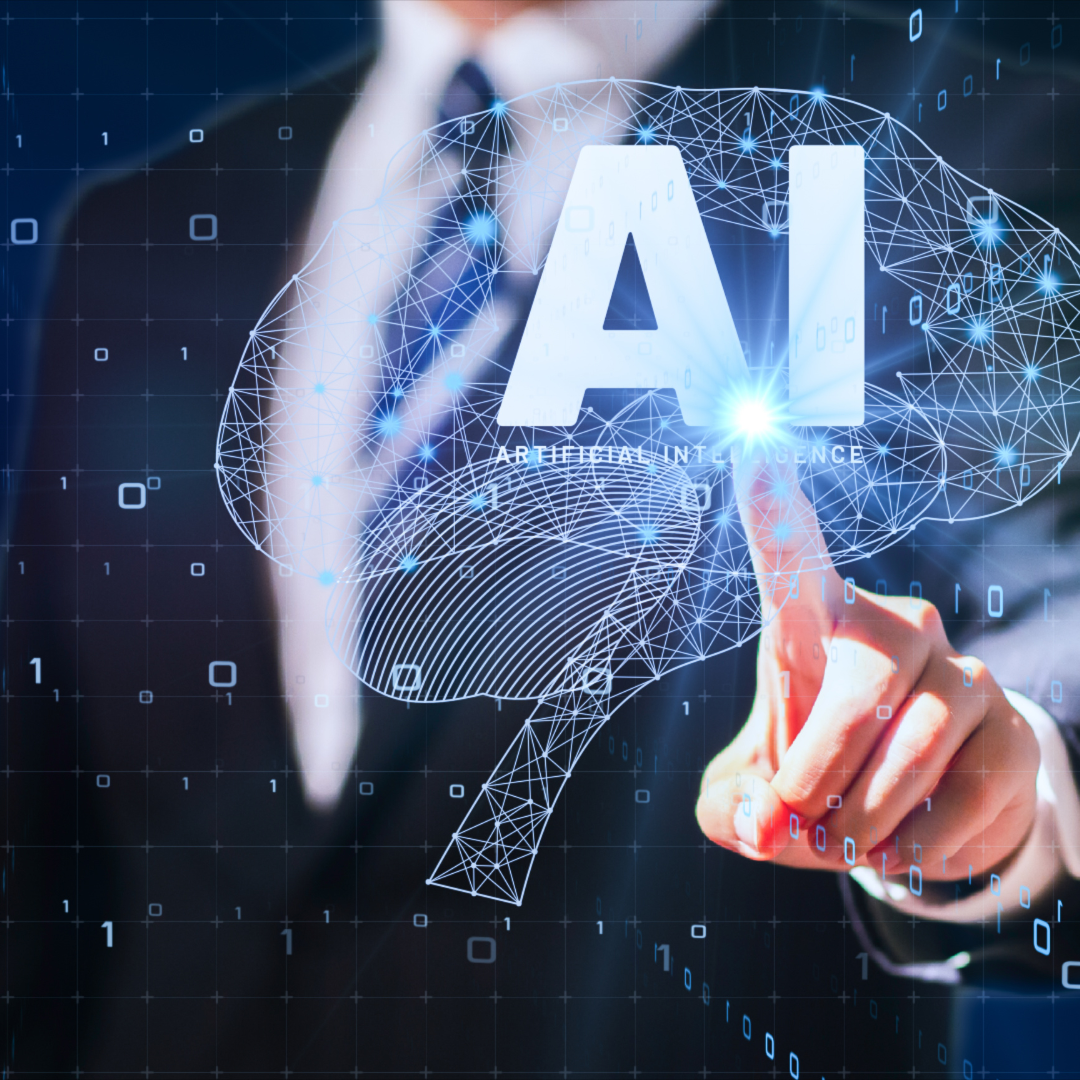Artificial Intelligence (AI) has moved far beyond being a futuristic concept—it’s now a daily reality shaping industries, economies, and personal lives. In 2025, AI technology is advancing at an unprecedented pace, blending human creativity with machine precision. From smarter generative AI tools to ethical frameworks and specialized AI assistants, this year’s developments are redefining what’s possible.
1. Generative AI Matures: Beyond Text and Images
Generative AI (GenAI) exploded into public consciousness in the early 2020s with tools like ChatGPT and DALL·E. By 2025, it’s evolved into multi-modal AI—systems that can simultaneously process and generate text, images, audio, video, and even 3D models. Businesses now use GenAI not just for marketing content but for product design, film production, coding, and interactive education.
Key advancements include:
-
AI-driven video generation for advertising and storytelling.
-
3D asset creation for gaming, architecture, and manufacturing.
-
Context-aware assistants that integrate across email, design apps, and project management tools.
2. AI in Healthcare: Predict, Prevent, Personalize
Healthcare is one of the biggest beneficiaries of AI in 2025. Predictive analytics now detect diseases years before symptoms appear, and AI-assisted diagnostics help doctors make faster, more accurate decisions.
Notable innovations:
-
Personalized treatment plans based on genetic and lifestyle data.
-
AI drug discovery, reducing development timelines from years to months.
-
Virtual health assistants that monitor patient vitals through wearables and provide real-time alerts.
3. AI-Powered Automation in Business
In 2025, AI automation isn’t just about replacing repetitive tasks—it’s about intelligent orchestration. AI tools now integrate with enterprise systems to manage workflows, optimize supply chains, and even make data-driven hiring decisions.
Examples:
-
AI finance bots that manage invoicing, fraud detection, and forecasting.
-
Smart manufacturing systems that predict maintenance needs before breakdowns.
-
AI-powered recruitment platforms that assess skill fit while reducing bias.
4. AI Agents & Personal Assistants
The rise of autonomous AI agents means digital assistants can now complete multi-step tasks without constant human input. Need to book a trip, compile a market report, or manage your inbox? AI agents in 2025 can handle these end-to-end, learning from each interaction.
They’re also industry-specific:
-
Legal AI assistants draft contracts and analyze case law.
-
Education AI tutors adapt lessons to individual learning styles.
-
Marketing AI agents run entire campaigns from planning to performance tracking.
5. Ethical AI & Regulation Take Centre Stage
With great power comes… regulation. Governments and organizations are implementing stricter AI ethics guidelines to ensure transparency, fairness, and accountability. In 2025:
-
AI audits are required in finance, healthcare, and law.
-
Watermarking AI-generated content is becoming standard.
-
Bias detection algorithms are built into AI systems to prevent discrimination.
Ethical AI is no longer a niche topic—it’s a core business requirement.
6. AI in Education: Personalized, Immersive Learning
Classrooms now use AI not just for grading but for personalized learning journeys. AI tutors provide real-time feedback, VR-enhanced lessons, and adaptive quizzes. Students struggling with a concept get extra guidance, while advanced learners can move ahead.
For lifelong learning, AI-powered platforms curate custom courses for professionals, matching industry trends with skill gaps.
7. AI & Cybersecurity: Smarter Defences
As AI grows, so do cyber threats. AI in 2025 is both a weapon and a shield. Defensive AI predicts, detects, and neutralizes attacks in real time, often before humans notice. Machine learning models analyze anomalies in network behaviour to stop ransomware, phishing, and data breaches instantly.
On the flip side, offensive AI tools are being used by hackers, prompting the need for even more advanced cybersecurity strategies.
8. AI for Creativity & Entertainment
Musicians, filmmakers, and game developers now collaborate with AI as a co-creator. AI tools compose music, write scripts, create concept art, and generate entire virtual worlds. The entertainment industry is embracing synthetic actors and AI-generated story arcs, blurring the line between human and machine creativity.
9. Edge AI: Bringing Intelligence Closer to You
Instead of relying solely on the cloud, Edge AI processes data directly on devices—smartphones, IoT gadgets, autonomous vehicles—reducing latency and improving privacy. This is crucial for applications like self-driving cars, smart factories, and real-time health monitoring.
10. Sustainability with AI: Green Intelligence
AI is now a major driver of sustainability efforts:
-
Energy optimization in buildings using AI sensors.
-
Climate modelling for disaster prediction and resource management.
-
Waste reduction through AI-driven sorting and recycling processes.
Why These AI Trends Matter in 2025
-
Efficiency & Accuracy: AI automates the complex while improving outcomes.
-
Personalization: From healthcare to education, AI adapts to the individual.
-
Global Challenges: AI contributes to climate action, healthcare access, and digital equity.
-
Ethics & Trust: Regulation is ensuring responsible AI adoption.
Practical Tips for Leveraging AI in 2025
| Goal | How AI Can Help |
|---|---|
| Boost productivity | Use AI agents to automate repetitive tasks. |
| Improve decision-making | Implement AI analytics for real-time insights. |
| Enhance customer experience | Deploy AI chatbots with natural conversation flow. |
| Strengthen security | Adopt AI-driven threat detection systems. |
| Go green | Optimize energy use with AI sustainability tools. |

